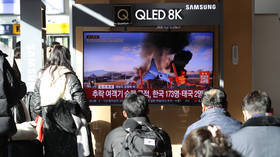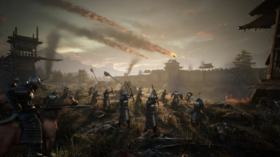Masayuki Uemura, the creator of the first Nintendo cartridge console that revolutionized the video game industry in both Japan and the US, has passed away at age 78, the university where he retired has announced.
The Ritsumeikan University in Kyoto said on Thursday that Uemura, director of its Center for Game Studies, died on December 6.
Masayuki Uemura, the former lead architect of the NES and SNES, has passed away. He was one of the genius minds behind some of our best game memories. pic.twitter.com/KO43DIGuTt
— Archipel | アルシペル (@SailToArchipel) December 9, 2021
Uemura is best known as the lead architect for the console known in Japan as Famicom and in the US as the Nintendo Entertainment System (NES), as well as its successor the Super Famicom/SNES.
“NES is the game console that I was most influenced by. Without this, it wouldn't be here,” Masahiro Sakurai, creator of the Kirby and Smash Bros game series, tweeted in response to news of Uemura’s passing.
The console is credited as redefining home gaming, first in Japan and later the US. The original console sold 20 million units in Japan, and another 41 million worldwide.
Uemura began work on the Famicom/NES in 1981, after Nintendo president Hiroshi Yamauchi asked him to create a device capable of playing arcade games on a TV that used interchangeable cartridges.
“President Yamauchi told me to make a video game system, one that could play games on cartridges. He always liked to call me after he’d had a few drinks, so I didn’t think much of it. I just said, ‘Sure thing, boss,’ and hung up. It wasn’t until the next morning when he came up to me, sober, and said, ‘That thing we talked about – you’re on it?’ that it hit me: He was serious,” Uemura told Kotaku in an interview published last year.
The console was released in Japan in 1983, and tested in the US in 1985, featuring such games as ‘Super Mario Bros,’ ‘Metroid’ and ‘The Legend of Zelda.’ The 8-bit cartridge console was succeeded in 1990 by the 16-bit Super Famicom/SNES, which Uemura also helped design. It sold almost 50 million units before it was discontinued in 2003 in favor of the Nintendo 64.
Uemura retired from Nintendo in 2004, to become a professor at Ritsumeikan.














